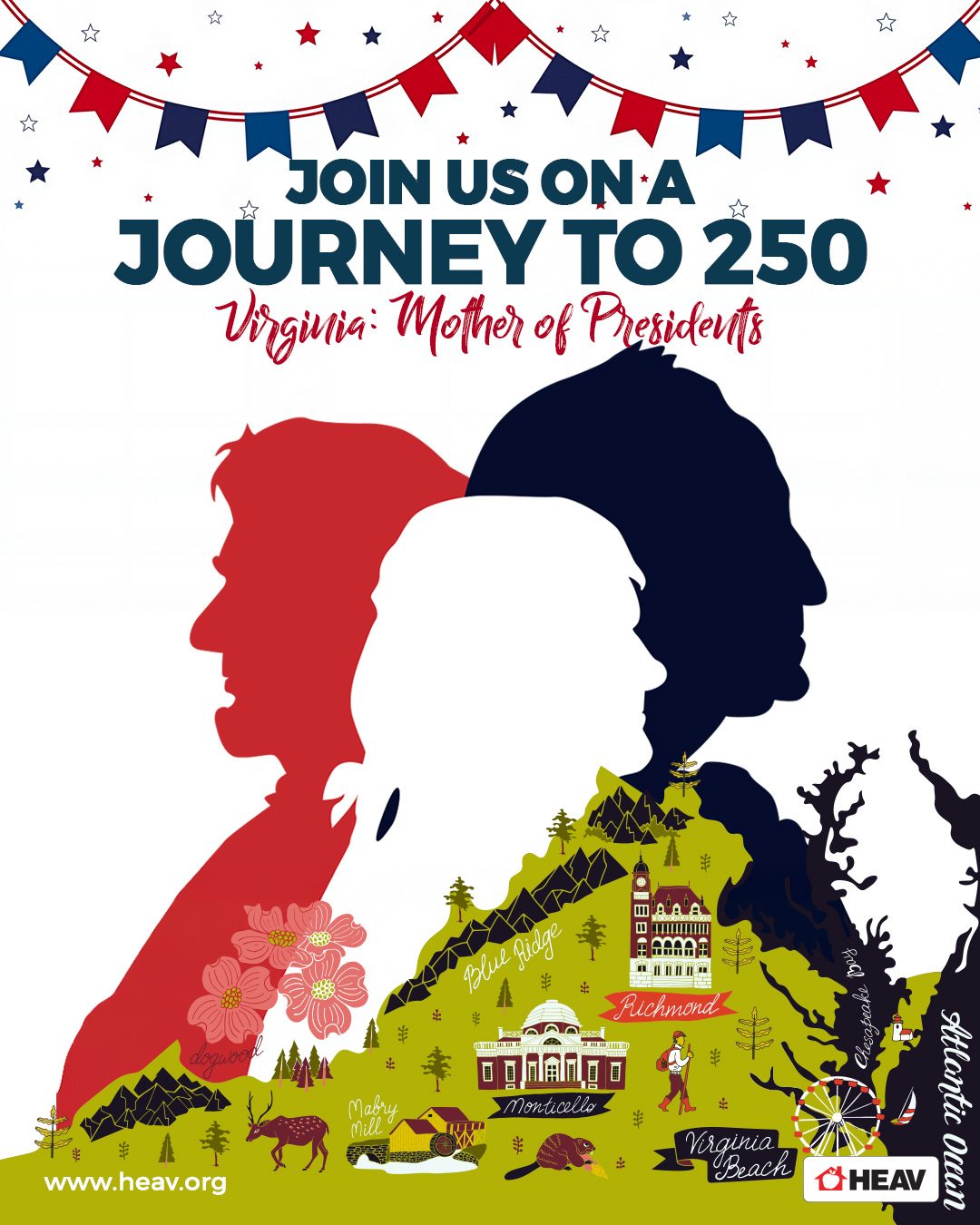Relaxing Over Preschool
by Mary Kay Smith
In our house, it is clear that all men are not created equal. In fact, the self-evident truths suggest very strongly otherwise.
This was driven home to my youngest daughter and me as we watched her physics professor lecture on computer memory. We liked the professor a great deal and learned a lot in his course, but it was quite obvious that his mind and our minds were nowhere near equal.
One day we listened as he discussed flip-flop semiconductor memory and explained his logical NOR gate circuit chart. But we just couldn’t help it. As he went over the chart, the two of us looked at the diagram—and discussed how we’d color it in.
We weren’t planning to apply for a science scholarship.
Your children aren’t equal either. If you don’t know it already, you’ll find out when they’re in preschool. That realization might make you panic a bit at first, but in the end it should be liberating. It is important to give your children the freedom to be the people God made them to be. Yes, you need to expose them to every subject, but, just as you can’t―and shouldn’t want or expect to―turn willow trees into oaks, you can’t force your artistic children to become mathematical geniuses (or the other way around).
The week after my chiropractor had his first baby, he asked me what preschool curriculum he should get to make sure that child would do well on his future SATs! What?
“We weren’t planning to apply for a science scholarship”
You don’t have to start with all the information your children will ever need to know in life. It is important to remember that “pre” means “before.” Preschool children are not in school yet. This is the time to play with your kids, cuddle with them, read to them, take them on field trips, and teach them skills at home. Work on relationships, obedience, and especially teach them about God.
And you don’t need a curriculum. You don’t need a curriculum in order to teach colors―go for walks in your garden and point them out. You don’t need a curriculum in order to teach counting―take your kids grocery shopping and count the items in your cart. You don’t need a curriculum in order to teach measuring―bake cookies together. You don’t need a curriculum in order to teach matching―sort socks from the clean laundry. You don’t need a curriculum in order to teach shapes―hunt for shapes through the rooms in your house.
What you need instead is a guide, so here is a list of academic skills for your child to work on:
- Identify and draw shapes
- Name and begin to draw the letters of the alphabet
- Recognize numbers up to ten; count to twenty
- Recognize colors
- Dress self
- Tie shoes
- Hold a pencil correctly
- Write name
- Cut out neatly
- Complete simple sequences and patterns
- Group objects by specifics (shape or color or use)
- Understand differences like short/long, big/little, and heavy/light
- Stay with one activity for thirty minutes
- Follow instructions Take turns and share Listen to and retell a story
One of the wonderful benefits of homeschooling is flexibility and the chance to tailor your program to your own children. So relax and just enjoy your kids. You can be assured that they are going to pick up the skills they need. Remember that these skills are like potty training: by the time your children get to college, no one will care how old they were when they mastered them!
Former homeschooler Mary Kay Smith is a writer, editor, and special event planner, as well as editor of the Virginia Home Educator. She has written and directed biblical and educational discovery programs for children locally and internationally.









